ORIGINAL RESEARCH
Published on 06 Aug 2024
Willingness toward voluntary counseling and testing and associated factors among tuberculosis infected patients at public hospitals in Addis Ababa, Ethiopia
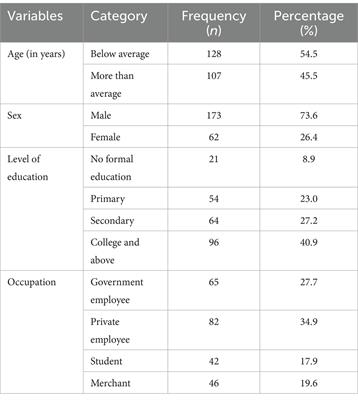
doi 10.3389/fpubh.2024.1354067
- 753 views
17k
Total downloads
71k
Total views and downloads
ORIGINAL RESEARCH
Published on 06 Aug 2024

SYSTEMATIC REVIEW
Published on 22 Jul 2024

REVIEW
Published on 16 May 2024
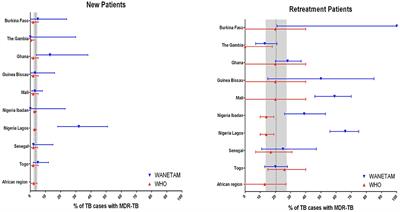
ORIGINAL RESEARCH
Published on 19 Apr 2024
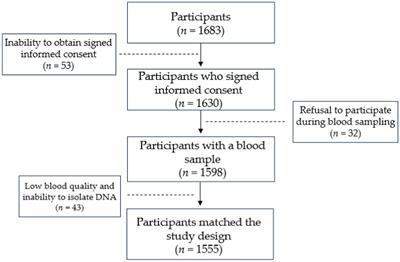
ORIGINAL RESEARCH
Published on 08 Apr 2024

ORIGINAL RESEARCH
Published on 04 Apr 2024

ORIGINAL RESEARCH
Published on 06 Mar 2024

CORRECTION
Published on 05 Mar 2024
ORIGINAL RESEARCH
Published on 23 Feb 2024
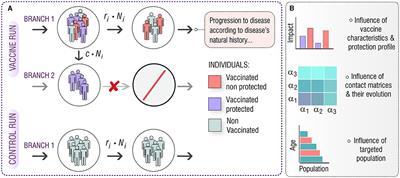
ORIGINAL RESEARCH
Published on 20 Feb 2024
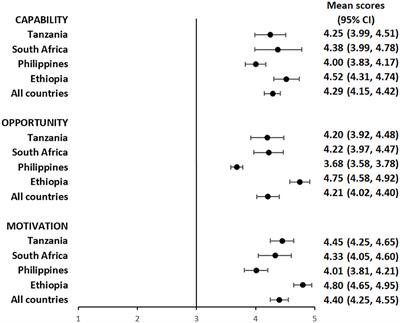
ORIGINAL RESEARCH
Published on 07 Feb 2024
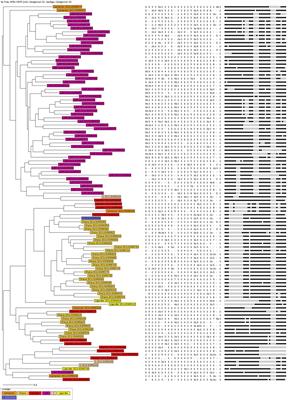
ORIGINAL RESEARCH
Published on 02 Feb 2024
